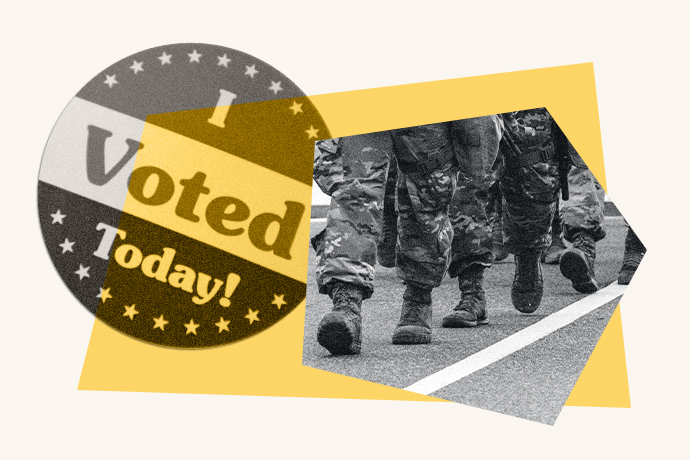
Voting Rights
Learn more about how to exercise your voting rights, including how to resist voter intimidation efforts, and access assistance at the polls.
Issue:
Voting Rights
Last Updated: November 3, 2025
Overview
Learn more about how to exercise your voting rights, resist voter intimidation efforts, and access disability-related accommodations and language assistance at the polls. For help at the polls, call the non-partisan Election Protection Hotline at 1-866-OUR-VOTE.

